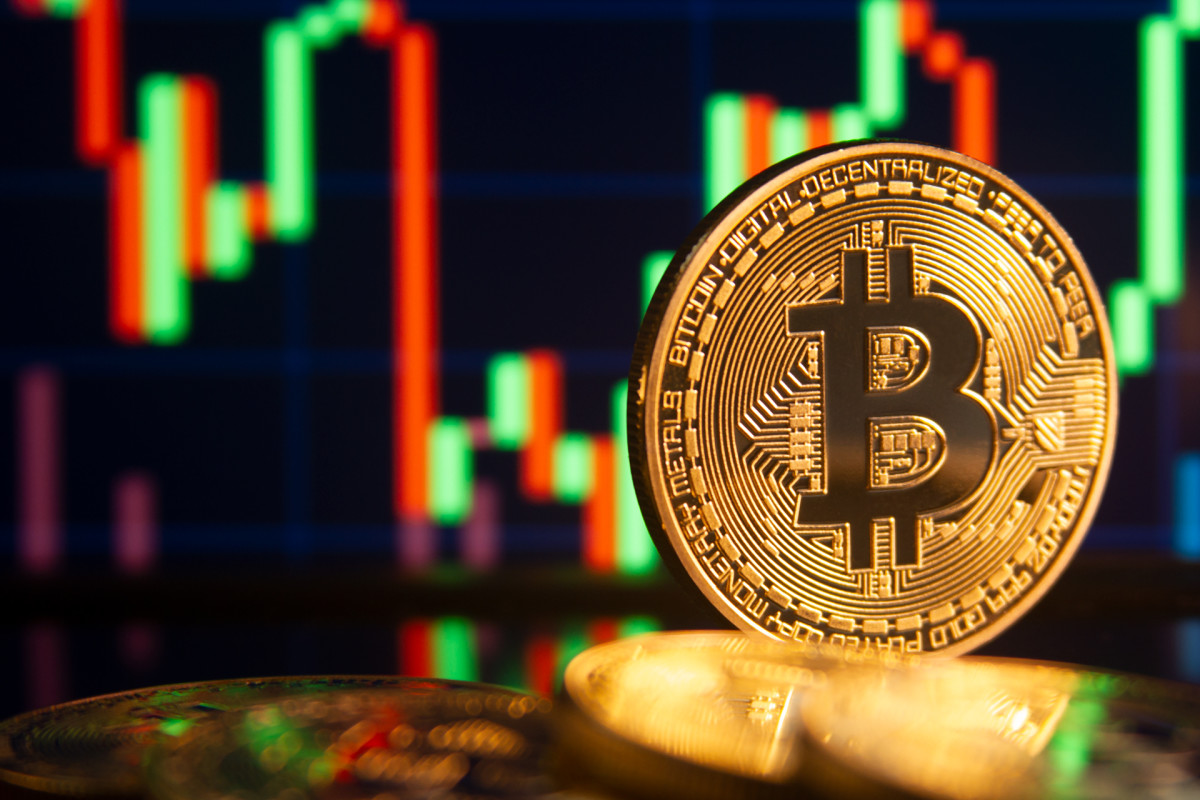Dec. 24 (Bloomberg)
By Zhao Yidi, Zhang Dingmin and Irene Shen
After months of rejection from Beijing banks, Wang Fei got the money to start a dried-fruit business by pledging his apartment to a pawnbroker.
The 25-year-old law-school graduate is following a path taken by a growing number of Chinese entrepreneurs and small businesses. Within days of offering his 90 square meter (969 square feet) flat as security, Wang got 400,000 yuan ($58,421) from Baoruitong Pawnshop Co., the nation’s biggest pawnbroker.
“We were desperate,” said Wang in an interview in Beijing’s Viva shopping mall, where his stall is. “The banks said they need at least a month to give us the loan, but our business will vanish if it takes that long.”
Pawn shops, banned during more than three decades of Communist rule from 1956 to 1987, are making a comeback as China’s government tries to ease the credit crunch that is strangling small businesses. Baoruitong’s loans have risen by more than 70 percent per year since 1997, said Xu Yunpeng, manager of the firm’s real-estate department.
In 1997, Beijing only had four pawn shops. This year, Beijing and Shanghai authorized a record 94 new outlets for 2009 in an effort to channel funds to the entrepreneurs who drove the nation’s biggest economic boom, according to the Beijing Pawn Trade Association and Shanghai Pawn Trade Association.
In Beijing, home to 336,684 private companies, lending by pawn shops increased by 71 percent to 9 billion yuan in the first nine months from a year earlier, according to the Beijing association. The Ministry of Commerce in Beijing issued 46 new pawn-shop licenses for 2009, adding to 115 existing outlets.
Filling a Gap
“Pawn shops are filling in the financing gap by lending to small and medium-sized companies and there is still room to expand that function,” said Yi Xianrong, a researcher with the Institute of Finance and Banking under the Chinese Academy of Social Sciences in Beijing.
“Bank loans extended to small and medium enterprises in the first three quarters this year have dropped from the same period a year earlier,” said Jia Kang, head of Institute of Fiscal Science at the Ministry of Finance. He declined to give figures.
“Speed and simple procedure is our lifeblood,” said Xu in an interview at the company’s two-floor Beijing headquarters. “Our industry serves people in need. Clients can get cash in minutes if they bring in diamonds, jade, and watches.” For autos and real estate, “we aim to hand clients their cash within 12 hours.”
Baoruitong charges as much as 3.2 percent per month for loans backed by real estate and 4.7 percent those with movable assets such as cars as collateral. The rates are approved by the Ministry of Commerce. Chinese banks offer loans to small start- ups at around 0.75 percent per month.
“The pawn shops have the ability to work with the government during this global financial crisis and domestic economic slowdown,” said Duan Wei, deputy director of the local Ministry of Commerce bureau. “Together we’ll help small and medium companies pass this financial winter.”
Pawnbrokers have become so important for entrepreneurs that Bank of Communications Ltd., China’s fifth-largest bank by assets, has teamed up with Beijing Huaxia Pawnshop Co. to target small and medium-sized businesses. Under their joint project, “Bank- Pawn-Expressway,” a borrower can get a quick loan from Huaxia to meet urgent funding needs and then repay the pawn shop once it gets a cheaper bank loan, which the pawn shop guarantees.
“We work 24 hours a day and we can burn the midnight oil to do due diligence, which banks won’t,” said Huaxia Chairman Yang Yong, in a Dec. 8 interview. “And we can deliver to your home.”
Still, even pawnbrokers are feeling the effects of China’s slowing growth. Yang said loan defaults, rare in normal years, are on the rise. A recent attempt to recover a loan by selling the pledged year-old Mercedes S350 returned only 900,000 yuan, or 90 percent of the loan, he said.
“We thought there won’t be a problem selling a car like that for 1.1 million,” he said. A new S350 costs as much as 1.45 million yuan.
For entrepreneur Wang and business partner Dong Huan, the pawn-shop loan allowed them to buy their first batch of dried jujubes and raisins from Xinjiang province and pay rent on their 20 square-meter booth.
“The interest rate they charge is high, but they are so fast and easy,” said Wang, who paid the debt in four months. “If I ever need cash again, I will go to the pawn shops.”
Wednesday, December 24, 2008
Subscribe to:
Post Comments (Atom)




No comments:
Post a Comment